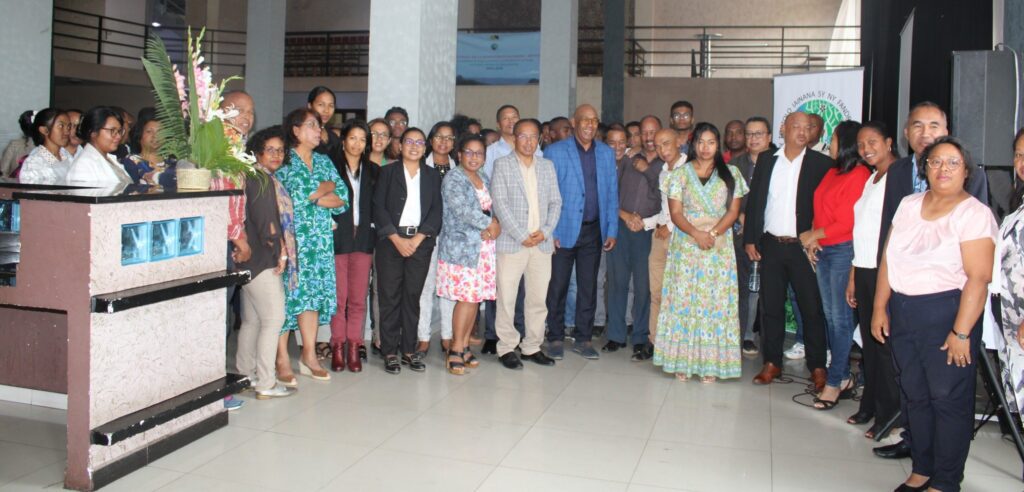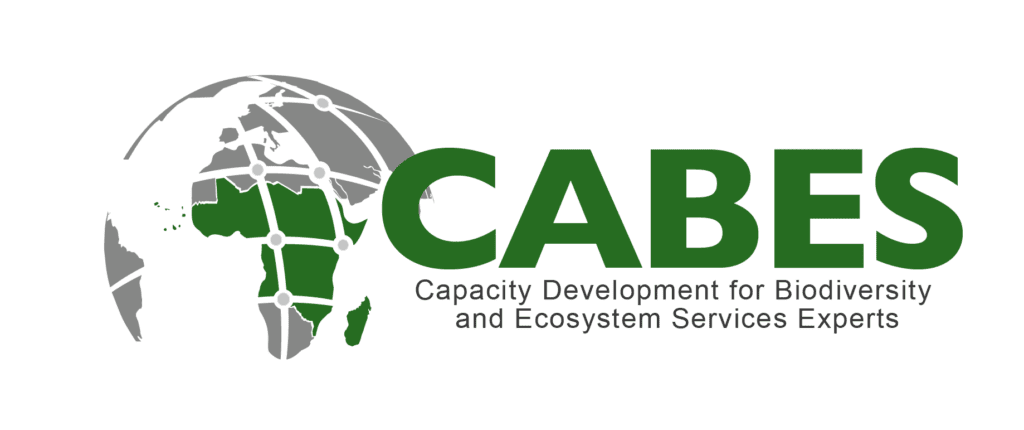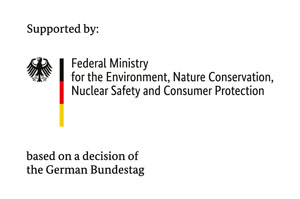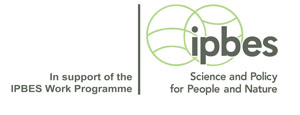Find below exciting updates from our National Biodiversity Platforms (NBP) countries in East Africa, including the Ethiopia and Madagascar:
Ethiopia:
February 2024 – Sub-committees orientation meeting on Ethiopia’s national biodiversity platform.
On February 27, 2024, the Horn of Africa Regional Environment Centre and Network – Addis Ababa University (HoA-REC&N-AAU) convened a pivotal meeting aimed at launching the engagement of sub-committees tasked with providing technical and resource mobilisation support to Ethiopia’s national biodiversity platform. The event served multifaceted purposes: introducing the significance of IPBES and advocating for the CABES project; unveiling the establishment, objectives, and achieved milestones of Ethiopia’s platform; sharing the platform’s comprehensive 2024 annual plan; fostering networking among sub-committee members; and facilitating discussions on delineating the roles, responsibilities, modalities of engagement, and identifying focal points for collaboration within the sub-committees.
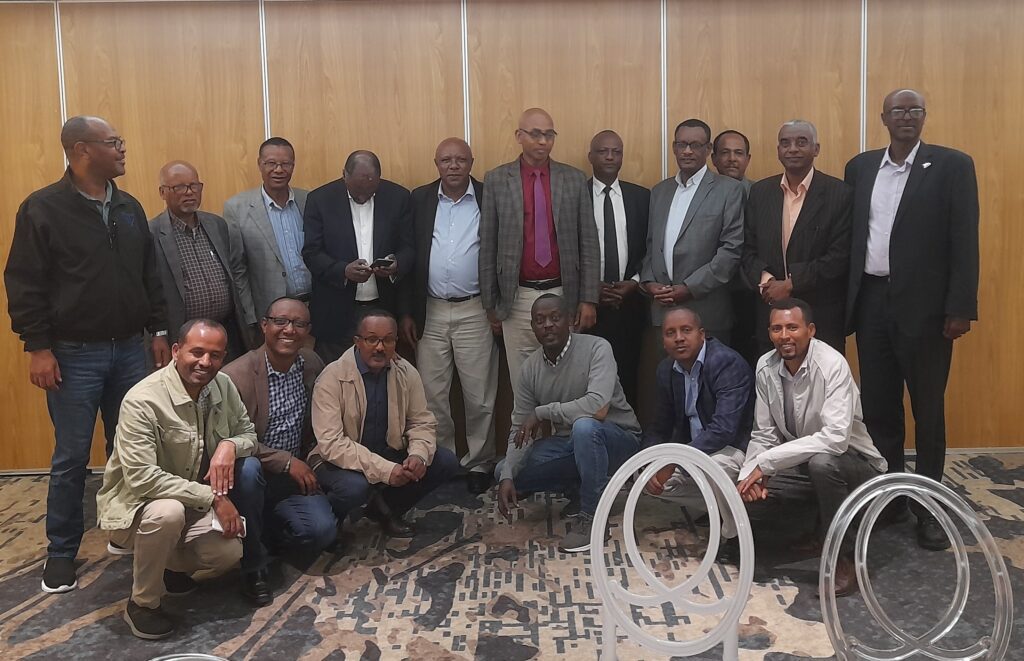
Madagascar:
February 2024 – Workshop to officially launch the update of Madagascar’s National Biodiversity Strategies and Action Plans (NBSAPs) and presentation of the country’s national biodiversity platform.
On February 20, Madagascar’s Ministry of the Environment and Sustainable Development hosted a national workshop in Antananarivo, bringing together various stakeholders from government, civil society, NGOs, and Indigenous Peoples and local communities. The event marked the official launch of Madagascar’s NBSAP revision process, in line with the Kunming-Montreal Global Biodiversity Framework. Highlights of the workshop included the identification of stakeholder needs for biodiversity conservation, as well as the formation of working groups to update the strategy.
Another key moment of the workshop was the presentation of Madagascar’s national biodiversity platform. The science-policy-practice interface will aim to facilitate the country’s major biodiversity conservation projects by bringing together experts to implement its NBSAP. As a multi-stakeholder structure, it will coordinate interventions and centralise information, promoting a comprehensive cross-sectoral approach.
